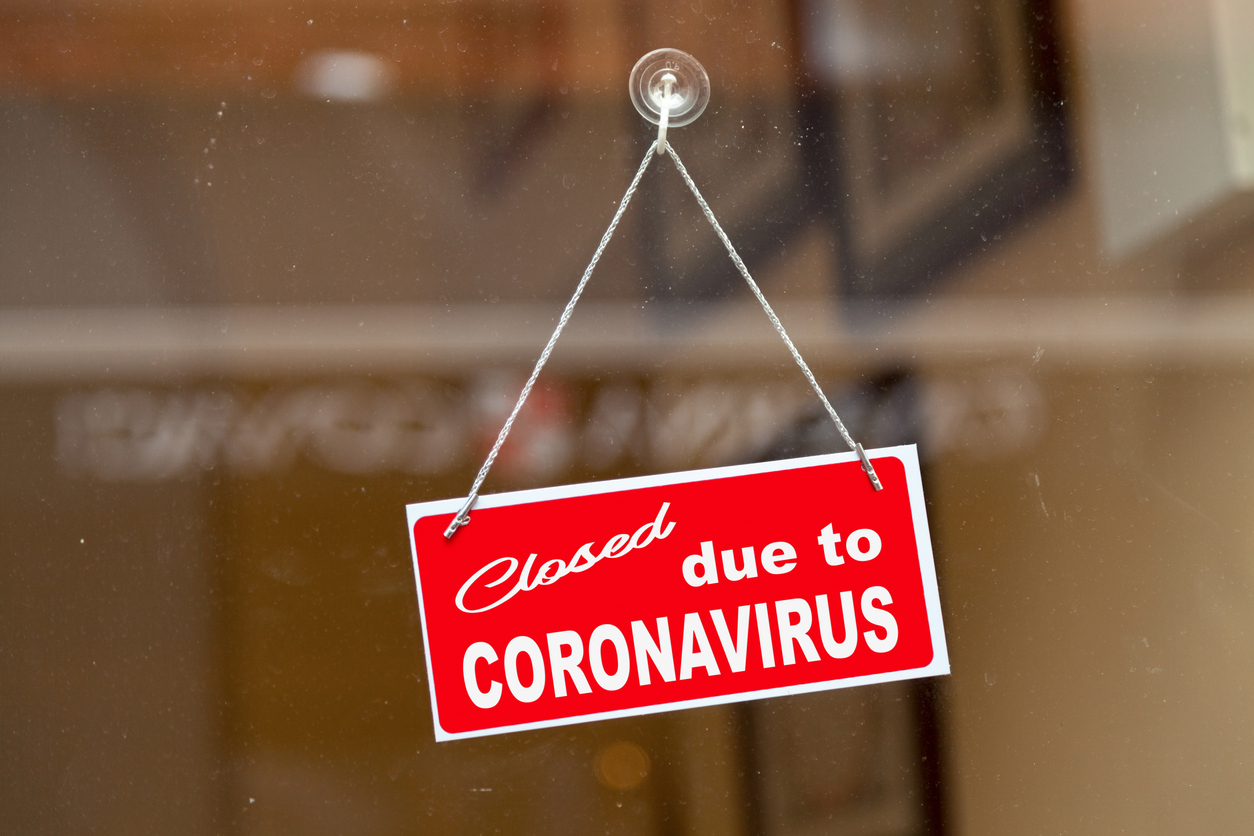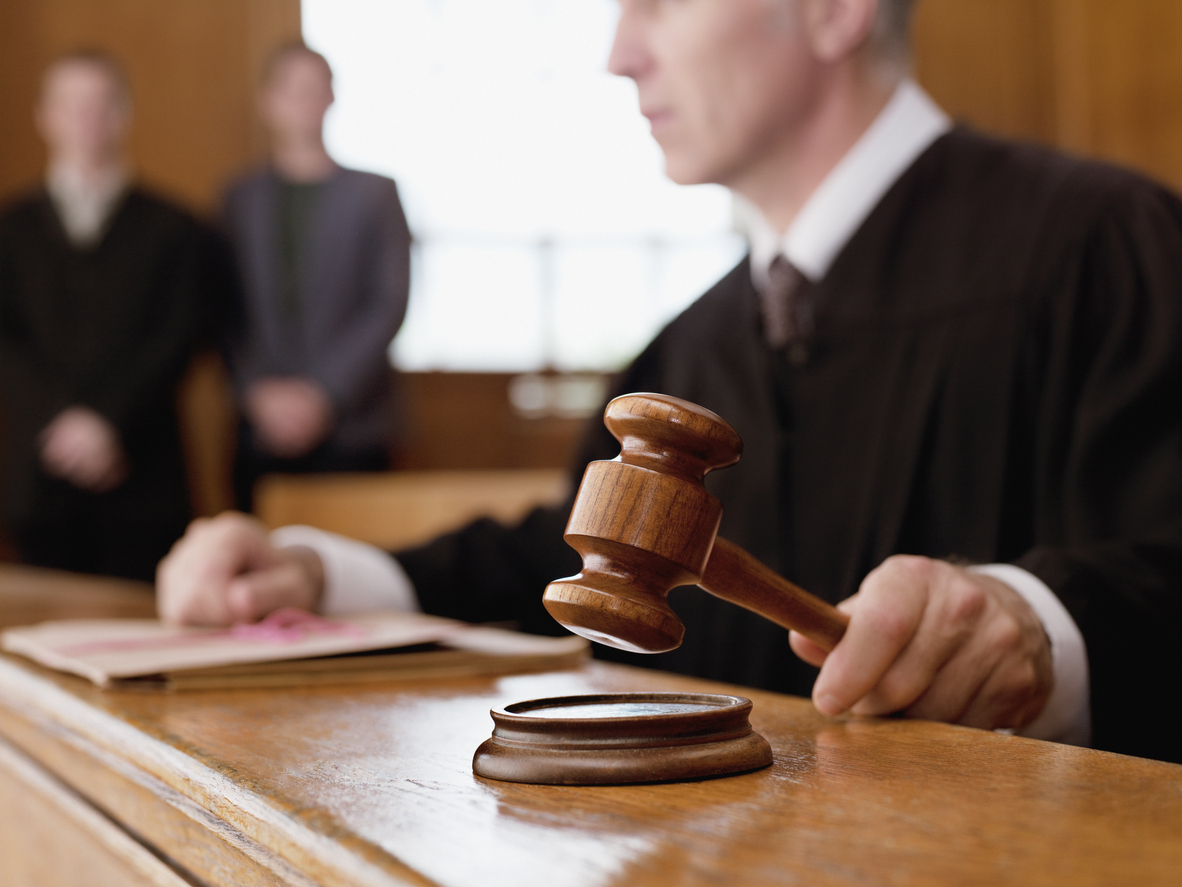Courts across the country have split on the key COVID-19 coverage question of whether a policyholder’s inability to fully operate its business caused by COVID-19 restrictions would satisfy the policy’s business interruption coverage requirement that the “loss” had to be a result from a “suspension of operations” caused by “direct physical loss of or damage to covered property.”
On Monday, February 22, 2021, an Illinois federal judge in a well-reasoned Memorandum Opinion and Order in COVID-19 multi-district litigation answered that key COVID-19 coverage question affirmatively, ruling that restaurants, bars, theaters, and other hospitality establishments partially operating had suffered a “physical loss” caused by COVID-19 restrictions and were entitled to business interruption coverage. With this ruling in, In re: Society Ins. Co., COVID-19 Bus. Interruption Protection Ins. Litig., No. 20 C 02005, 2021 WL 679109 (N.D. Ill. Feb. 22, 2021), (“Opinion and Order”), the policyholders could pursue the wrongful denial of COVID-19 business interruption losses against their insurer Society Insurance Company (“Society”).
The suit birthing this important Opinion and Order originated from the MDL Litigation Panel’s choice of three (3) bellwether cases—all restaurants—from the approximately 40 Society MDL cases. In these cases, Society summarily denied business-interruption coverage claims and once policyholders filed suit, Society filed motions to dismiss and summary judgment motions.
The In re: Society Opinion and Order frames the MDL issues as follows:
The fundamental questions at stake in this litigation are how properly to classify the interruption that has happened here, and whether this particular interruption is covered under the policy. In re: Society, 2021 WL 679109, at *2.
The court denied Society’s motions to dismiss and summary judgment motions as to claims for business interruption coverage as well as bad faith claims brought under the Illinois Insurance Code. The court granted summary judgment to Civil Authority and Contamination policy provisions and, to one of the three bellwether cases, denied coverage under the policy’s Sue and Labor clause. See In re: Society, 2021 WL 679109, at *1.
The business interruption clause in the Society policies stated:
We will pay for the actual loss of Business Income you sustain due to the necessary suspension of your ‘operations’ during the ‘period of restoration.’ The suspension must be caused by direct physical loss of or damage to covered property at the described premises. The loss or damage must be caused by or result from a Covered Cause of Loss. (Emphasis in the original.)
The policy further defines a “Covered Cause of Loss” as a “Direct Physical Loss unless the loss is excluded or limited under this coverage form.” Society’s policies did not contain a virus exclusion.
Society argued that there was no coverage under the above policy clause because the phrase “direct physical loss of or damage to covered property” required an actual alteration or change to physical property and that the “losses” in restaurants were not “physical” because:
[T]ables and chairs, walls and floors, stovetops and sinks remain in good working order; indeed, the Plaintiffs have been able to use the premises to conduct some amount of business.” In re: Society, 2021 WL 679109, at *9.
In response to this argument, the court wrote, “[b]ut a reasonable jury can find that the Plaintiffs did suffer a direct ‘physical’ loss of property on their premises.” The court explained several reasons for this conclusion. First, the COVID-19 pandemic caused shutdown orders requiring social distancing, which, in turn, imposed a “physical” limit on the use of the entire premises and the number of persons that could inhabit the premises at the same time. If the restaurant could expand its physical space, the court wrote, then the restaurant could then serve more guests and the “loss” would at least, in part, be mitigated. The court concluded that in this situation, “the loss is ‘physical’—or at the very least, a reasonable jury can make that finding.” (Emphasis in the original.)
Second, in dismissing Society’s argument, the court applied universal principles of contract construction for the phrase “direct physical loss of or damage to covered property” and interpreted the policy’s disjunctive language of “or” to mean that the phrase “physical loss” was different from the phrase “physical damage.” Id. at *8. The court found:
It would be one thing if coverage were limited to direct physical ‘damage.’ But coverage extends to direct physical ‘loss of’ property as well. So the Plaintiffs need not plead or show a change to the property’s physical characteristics.
In short, this Memorandum Opinion and Order found that “loss of physical use” was sufficient to adequately plead coverage for loss of business income caused by COVID-19 restrictions under an all-risk commercial property policy with a business interruption clause. Stated differently, policyholders suing for a loss of business income due to the pandemic need not plead that the property which had suffered a direct physical loss was physically altered or changed in some manner.
This is a significant Order and a momentous win and far-reaching victory for policyholders claiming loss of business income caused by COVID-19 pandemic restrictions.




